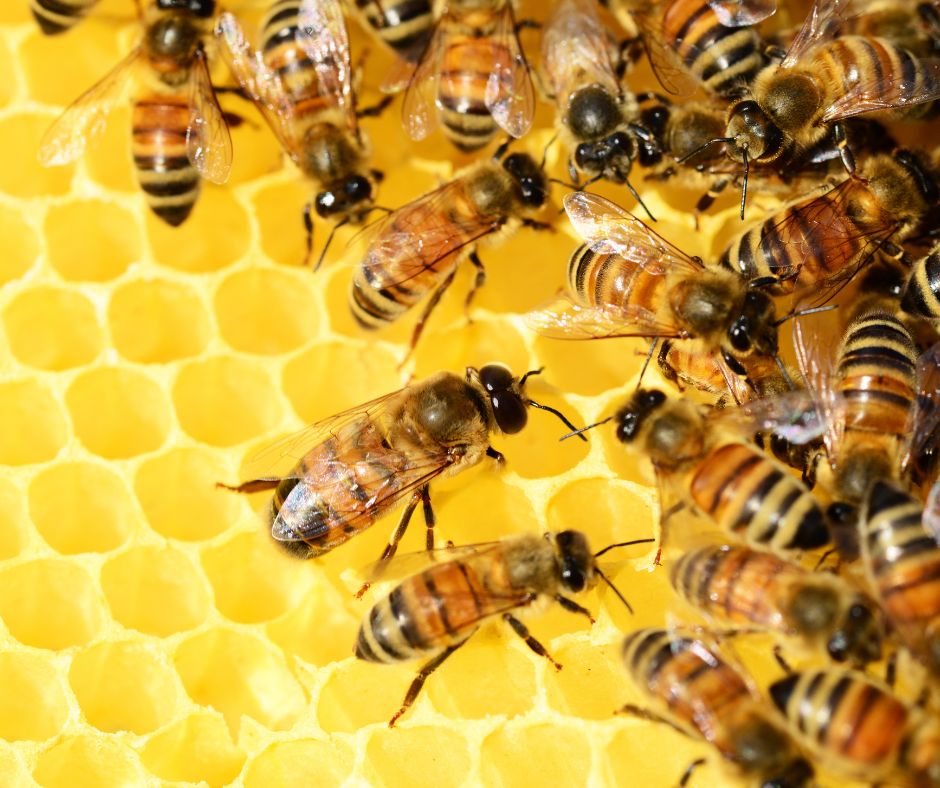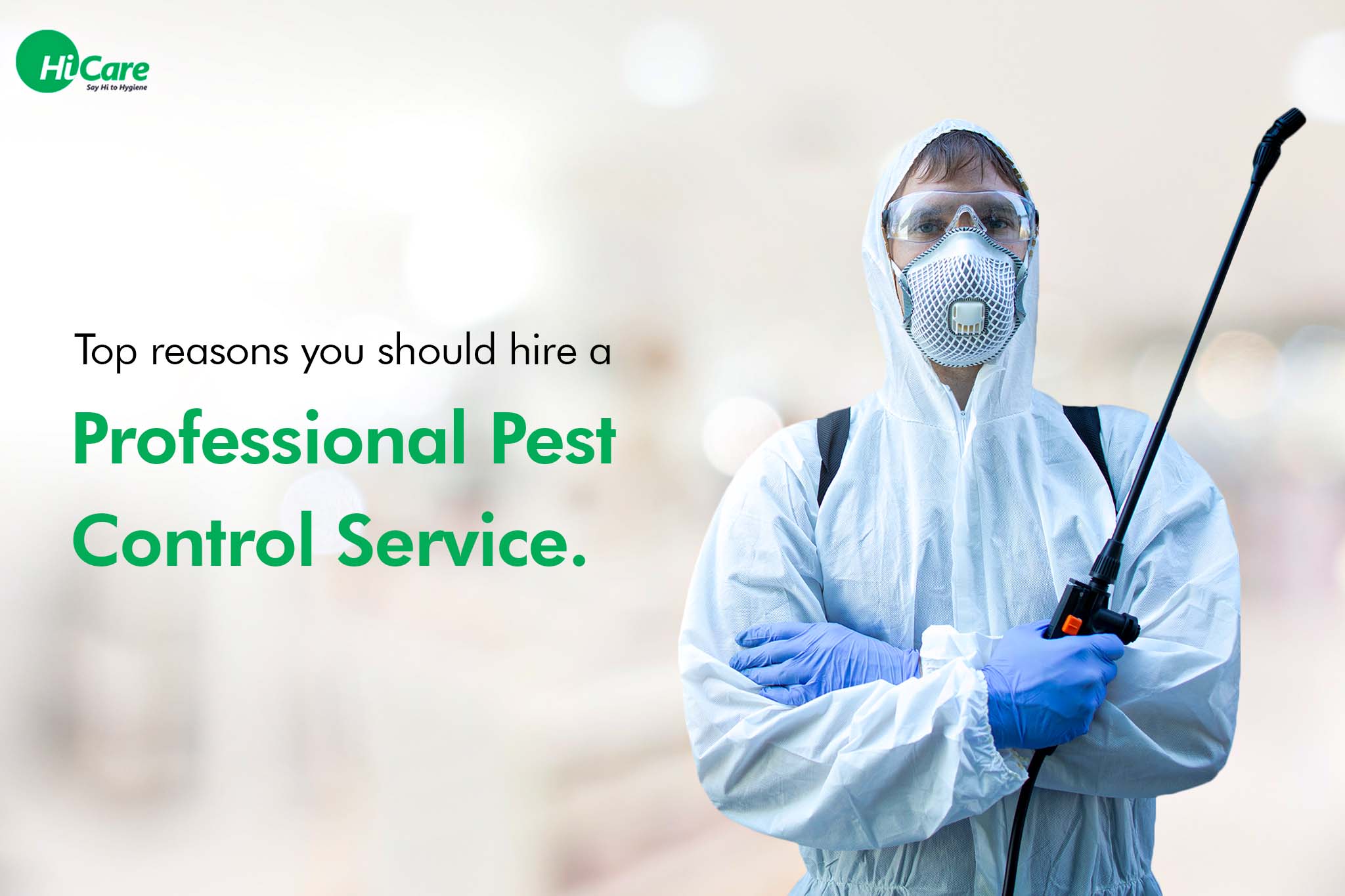Learn More About the Most Recent Developments in Parasite Control and How to Apply Reliable Therapy Solutions
In current years, the field of parasite control has witnessed considerable developments, driven by the demand for efficient and lasting treatment remedies. Innovative strategies such as Integrated Insect Monitoring (IPM) integrate eco-friendly methods with cutting-edge innovation, enhancing both efficacy and environmental responsibility.
Eco-Friendly Insect Control Options
In the last few years, the need for eco-friendly insect control choices has risen as home owners and companies alike look for lasting options to typical chemical therapies. This change is driven by expanding ecological recognition and a need to lessen the wellness threats linked with artificial chemicals.

Environmentally friendly pest control approaches include a series of techniques that focus on using natural materials and methods. Integrated Pest Administration (IPM) is one such strategy, integrating biological, social, and mechanical strategies to manage bug populations while lowering reliance on chemicals (Wildlife removal services). This all natural technique emphasizes avoidance through environment manipulation and the intro of natural predators, thereby promoting a well balanced environment
Another prominent option is the usage of botanical chemicals originated from plants, which have a tendency to be much less dangerous to non-target organisms. Products like neem oil and diatomaceous planet have actually acquired grip for their effectiveness in managing parasites while positioning marginal risks to human wellness and the environment.
Furthermore, exemption techniques, such as sealing entrance factors and maintaining tidiness, play an essential duty in environmentally friendly pest management. By adopting these sustainable methods, organizations and individuals can efficiently handle insects while promoting a much healthier earth for future generations.
Smart Technology in Insect Administration
Technology is reshaping the landscape of pest management, with wise innovation arising as an essential pressure in boosting performance and performance - Wildlife removal services. The assimilation of Net of Points (IoT) tools, expert system (AI), and information analytics is revolutionizing how pest control professionals approach problems
Smart catches outfitted with sensing units can spot pest activity in real-time, sending out prompt signals to drivers. This enables for timely reactions, reducing damage and reducing the demand for considerable therapies. Furthermore, AI algorithms analyze historic information to anticipate insect behavior, enabling aggressive treatments based on environmental problems and invasion patterns.
Drones and automated vehicles are additionally playing a substantial function in pest monitoring, supplying aerial assessments of huge areas, recognizing hotspots, and also distributing targeted therapies. These innovations not only simplify procedures but additionally improve safety by restricting human exposure to possibly dangerous chemicals.
Furthermore, mobile applications encourage customers to keep track of pest activity and gain access to expert guidance, cultivating a collective approach to pest administration. Overall, the fostering of smart innovation is setting a new criterion in insect control, stressing data-driven decisions and lasting practices that eventually profit both house owners and experts alike.
Integrated Pest Administration Strategies
Integrated Insect Monitoring (IPM) employs an alternative strategy to pest control, combining different approaches to effectively handle bug populaces while reducing dangers to human wellness and the atmosphere. IPM focuses on understanding the pest life cycle, their natural opponents, and the ecological community in which they prosper.
Among the fundamental parts of IPM is checking pest populations with regular assessments and data collection. This enables the recognition of insect thresholds, figuring out when treatment is essential. Cultural methods, such as crop sanitation, turning, and environment adjustment, are essential in reducing insect frequency and promoting plant health.
Mechanical controls, including obstacles and traps, are likewise important in IPM. These techniques can literally remove or discourage bugs without using chemicals. When necessary, the judicious application of chemical controls is used, concentrating on targeted therapies that decrease environmental impact.
Education and learning and cooperation amongst stakeholders, including farmers, pest control specialists, and the community, are essential for the successful application of IPM approaches. By prioritizing lasting methods, IPM not just addresses pest problems yet likewise fosters a healthier environment.
Biological Control Methods
Many organic control methods are significantly recognized for their performance in taking care of bug populaces while promoting ecological balance. These approaches harness all-natural predators, bloodsuckers, and pathogens to reduce pest numbers without depending on artificial chemicals. The intro of ladybugs can successfully control aphid populations, while nematodes target soil-dwelling insect larvae.
Additionally, the use of microbial chemicals, such as Bacillus thuringiensis (Bt), provides an environmentally pleasant option for taking care of caterpillar pests. These items particularly target pest types, decreasing damage to advantageous bugs and pollinators. Preservation biological control highlights boosting habitats for natural enemies, such as birds and beneficial pests, thus urging their presence in farming systems.
Research continues to disclose cutting-edge methods within this area, such as the use of pheromones to interfere with pest breeding patterns or the development of biocontrol representatives with hereditary design. Applying these approaches can result in sustainable parasite management techniques that reduce the dependence on chemical treatments, ultimately promoting healthier blog here ecosystems. As understanding of these strategies grows, they are ending up being integral elements of incorporated parasite administration (IPM) methods, using a balance in between reliable insect control and environmental stewardship.
DIY Parasite Control Solutions
As property owners look for effective methods to deal with bug concerns, do it yourself pest control services have gained appeal for their ease of access and cost-effectiveness. These approaches encourage people to deal with infestations making use of easily available materials and techniques, usually without the demand for specialist treatment.

Furthermore, preserving proper hygiene and regular assessments can avoid parasite access and nesting (Wildlife removal services). Simple practices, such as securing fractures, getting rid of food resources, and decluttering, can considerably decrease parasite populaces. Traps, both homemade and commercially offered, can also use efficient services for tracking and regulating particular bugs like rats or insects

Conclusion
The integration of green pest control choices, smart innovation, and ingenious management approaches presents a comprehensive technique to reliable bug monitoring. By accepting Integrated Bug Administration (IPM) and utilizing organic control methods, alongside Do it yourself options, lasting and liable parasite control can be accomplished.
Environmentally friendly bug control approaches encompass a variety of strategies that focus on the usage of all-natural substances and methods. Integrated Pest Administration (IPM) is one such strategy, combining organic, cultural, and mechanical tactics to manage insect populaces while decreasing dependence on chemicals. As awareness of these strategies grows, they are ending up being essential parts of integrated bug administration (IPM) methods, providing an equilibrium in between reliable bug control and environmental stewardship.
The combination of green pest control alternatives, clever modern technology, and cutting-edge management methods offers an extensive technique to efficient parasite monitoring. By embracing Integrated Bug Management (IPM) and utilizing organic control techniques, rodent control spray along with DIY options, responsible and lasting parasite control can be accomplished.